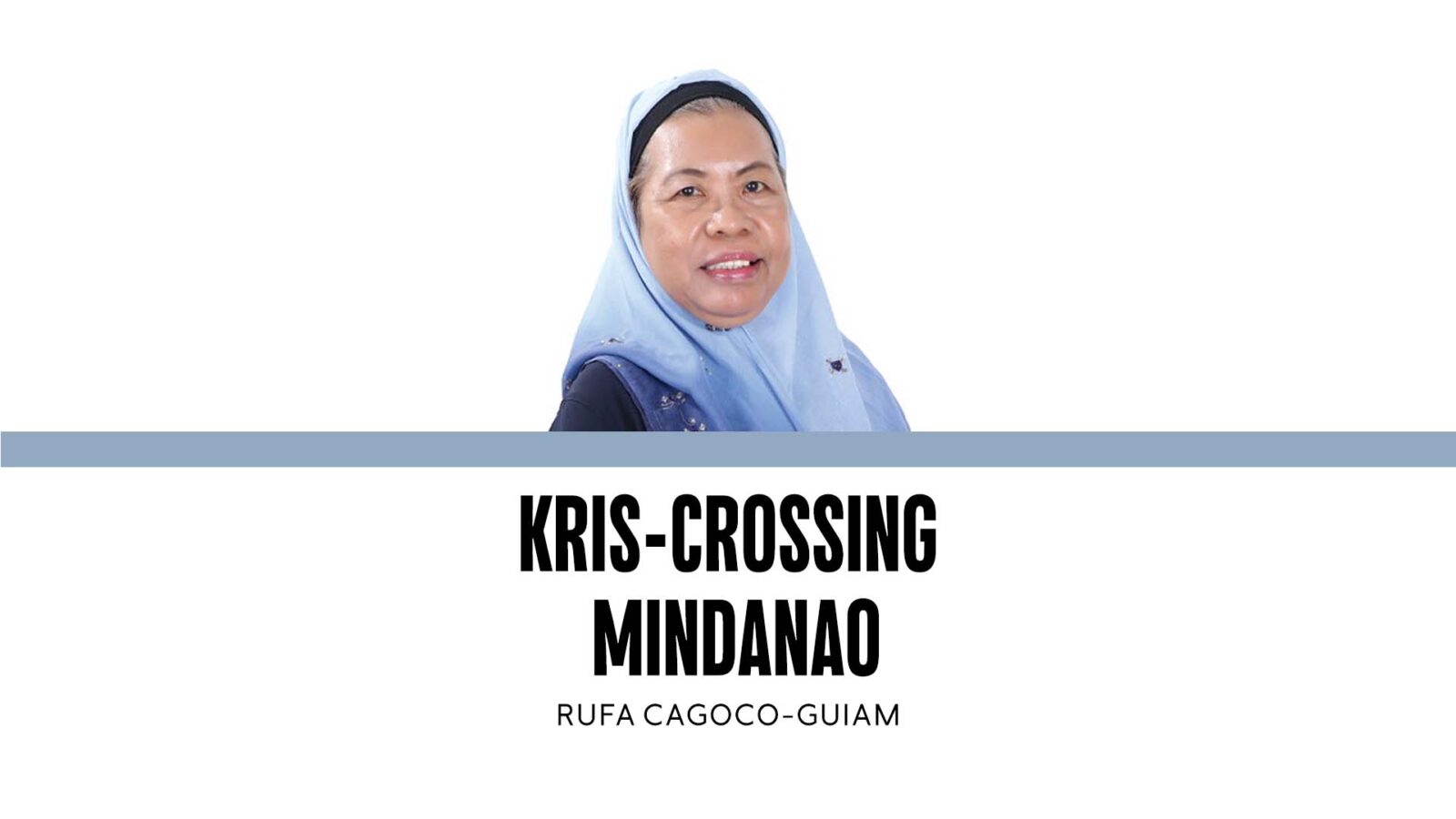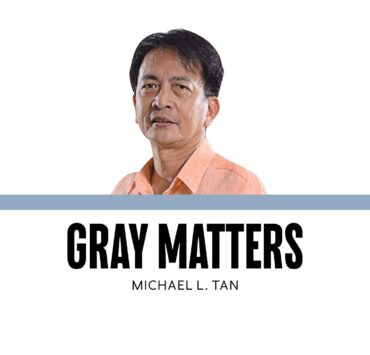‘Taxation without representation’ (1)

In the history of the United States of America, one of its founding slogans is “No taxation without representation.” This slogan was adopted during the American Revolution by American colonists who were reeling under oppressive taxation laws imposed by their British colonial rulers. This phrase is credited to lawyer James Otis of Boston in the early 1760s. Otis and other American colonialists protested against the colonial British rulers who exacted taxes from the American colonialists but did not allow them to vote on such taxation laws or represent their interests under British colonial rule.
This historical phrase has now come to mean that constituents of a state are required to pay taxes to their government at every level—local, regional, and national—but are not allowed to participate in the decision-making at all these levels. They do not have a say in what their government imposes as taxes, and how these taxes are being utilized for the common welfare, especially of ordinary, impoverished, and marginalized populations.
Here in the Philippines, taxation without representation has been the rule rather than the exception. Ordinary taxpayers like me and all other hardworking employed Filipinos have at least 10 percent of their income deducted every month, and those who earn more and have no underage dependents are meted out a steep 32-percent deduction.
And their only contribution to national decision-making on the amount and percentage of taxes to be levied on them is their right to vote every three years, for local government officials, and every six years for national-level positions (president, vice president, and senators).
We are in a representative democracy. Instead of being governed directly as a constituency, we rely on those whom we elect as our “representatives” or congressmen and congresswomen to bring our interests, our deep issues, and concerns to the national level officials’ attention. It means that our representatives should carry the voices of those they “represent” to the national government to effect a real representation. This is because we pay taxes in many forms and at various levels.
This is why we have the House of Representatives and the Senate. These are crucial lawmaking bodies that are supposed to bring the interests of the majority of Filipinos, many of whom are at various poverty levels, to the national deliberations on whether some proposed legislation caters to their interests.
Unfortunately, only a few of those who have been elected by the masses of impoverished people have passed laws that reflect the need for the government to address the basic needs and the overall welfare of the people.
Laws that are passed by both the House of Representatives and the Senate are presumed to have been based on wide consultations with the public before being approved as law by the sitting president. But all these consultations were held without the voices of the marginalized, of those who live in geographically isolated areas. This is also true for those who live on meager daily incomes through menial and repetitive labor, like driving tricycles, doing household work for middle-income families, carrying heavy cargo as stevedores, and similar physically demanding work.
Many of our elected officials—mostly from the elite, moneyed, and privileged sectors of our population—have authored laws to protect their own elitist and business interests. Sadly, these officials have created their respective deep and fat political dynasties that allow them perpetual influence in the kind of laws that are passed in the two houses of Congress. This is a tragedy that has deeply affected us financially, especially in terms of how we are being taxed at multiple levels. And yet, we do not have a say in our government’s taxation policies.
Two months ago, President Marcos signed into law the Capital Markets Efficiency Promotion Act, which amended the National Internal Revenue Code “to harmonize and simplify taxation of passive income across financial instruments in a bid to encourage wider public participation in the country’s capital markets.”
On its first day of implementation on July 1, 2025, social media was abuzz with posts saying that all those who have bank deposits would be charged a 20-percent tax on their total savings or checking accounts. Several netizens posted about how oppressive this was, especially for low-income earners who receive their monthly salaries through their savings accounts.
But according to the Department of Finance, the 20-percent tax is only imposed on the interest earned on total bank deposits, not on the total savings amount.
(To be continued.)

















